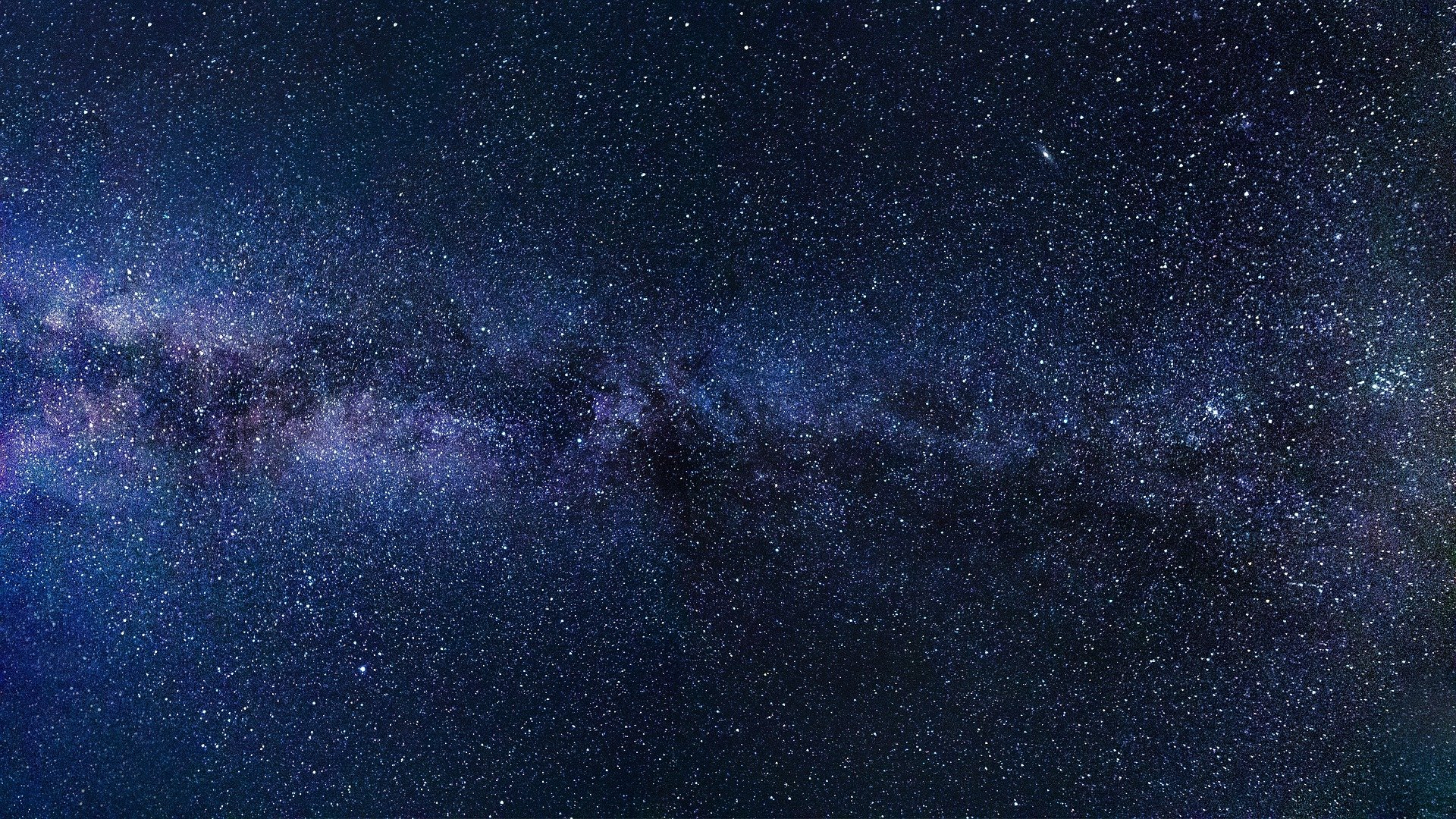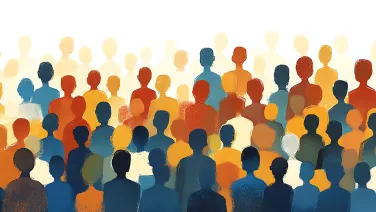The Origin of the Elements
Join us for a public lecture from Professor Chris Tout from the University of Cambridge. Light refreshments will be served afterwards.
Speakers
Event series
Content navigation
RegisterDescription

Abstract
Stars are the source of all elements heavier than and including carbon. To understand which stars yield which elements and when we must first understand the structure and evolution of stars. Much of this understanding grew over the course of the twentieth century led by increasingly better and systematic observation and subsequently by growing computational power. Elements up to the iron peak are created during fusion reactions that power the stars themselves and are despersed when they die in spectacular supernovae. Even while a quantitative study of stellar evolution was beginning in the 1950s it was realized that heavier elements must be formed by neutron capture processes. It is only now in the twenty-first century that we begin to understand the details of how multiple nuclear burning shells and mixing during the late stages of the lives of some stars and the merging of binary neutron stars actually produces elements heavier than iron and distributes them through our Galaxy.
About the author
Christopher Tout is Professor of Stellar Evolution and the John Couch Adams Astronomer at the University of Cambridge where he leads a research group working on various aspects of stellar evolution, nucleosynthesis and interacting binary stars. Alongside this he is a Senior College Lecturer and Director of Studies in Mathematics at Churchill College. Studying at Emmanuel College as undergraduate and graduate student he obtained his PhD from the University of Cambridge in 1989 working on interacting binary stars and stellar winds. He moved to Lick Observatory in California as a NATO Fellow and returned to Cambridge two years later as a Research Fellow at Sidney Sussex College and then as a Particle Physics and Astronomy Research Council Advanced Fellow before taking up his current positions. During periods of leave he has visited the Space Telescope Science Institute in Baltimore, the Konkoly Observatory in Budapest and the Universities of Cantebury and Auckland in New Zealand as well as being a frequent visitor to Australia at both Monash University and the ANU. It was during his first visit to Australia that his interest in stellar nucleosynthesis and particularly modelling of asymptotic giant branch stars and the effects of interacting binary companions on stellar yields began.
Zoom Information
Topic: Public Lecture: Chris Tout
Time: Oct 20, 2022 05:30 PM Canberra, Melbourne, Sydney
Join Zoom Meeting
https://anu.zoom.us/j/89916393103?pwd=NU85OUdNd0ZaR0o3NmZnWk1LNmxmZz09
Meeting ID: 899 1639 3103
Password: 293637
One tap mobile
+61731853730,,89916393103#,,,,0#,,293637# Australia
+61861193900,,89916393103#,,,,0#,,293637# Australia
Dial by your location
+61 7 3185 3730 Australia
+61 8 6119 3900 Australia
+61 8 7150 1149 Australia
+61 2 8015 6011 Australia
+61 3 7018 2005 Australia
Meeting ID: 899 1639 3103
Password: 293637
Find your local number: https://anu.zoom.us/u/kog86tqA3
Or an H.323/SIP room system:
Dial: +61262227588 (AUCX)
or 89916393103@zoom.aarnet.edu.au
Meeting ID: 89916393103
H323/SIP Password: 293637
Join by Skype for Business
https://anu.zoom.us/skype/89916393103
Location
Australian National University
Venue to be confirmed

